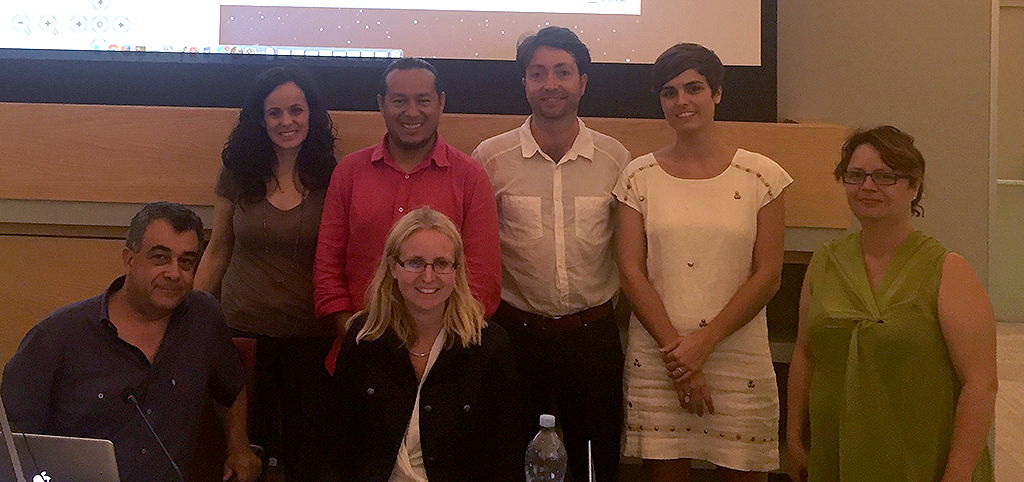InSPIRES Brings Together Scientists and the Public to Tailor Research to Social Needs
ISGlobal will lead a new project funded by the European Commission’s Horizon 2020 programme for the next four years
30.03.2017
Half of all Europeans are interested in developments in science and technology, according to the Eurobarometer report Responsible Research and Innovation, Science and Technology published in November 2013. This high level of public interest presents an opportunity for the scientific community to learn first-hand about society’s problems and needs and to prioritise studies designed to address these issues and help to improve people’s quality of life. In this spirit, a new research and innovation project —Ingenious Science sShops to pPromote Participatory Innovation, Research and Equity in Science (InSPIRES)— will strengthen communication between scientists and citizens in order to provide input on the research agenda over the next four years. The project will be coordinated by the Barcelona Institute for Global Health (ISGlobal), with funding from the European Commission’s Horizon 2020 programme “Science with and for Society” (SwafS).
The first science shops were set up in the Netherlands in the 1970s. These university-affiliated offices were designed to establish direct contact between scientists and citizens. These first science shops worked to mediate and facilitate ongoing interaction between researchers and society, generally through NGOs and community associations. The model later took root in other European countries —including Germany, Ireland, France and Hungary— and an international network called Living Knowledge was set up to share experiences, establish a formal structure and expand existing partnerships.
Science shops made it possible to develop research lines tailored to real needs through bottom-up, demand-driven research and innovation. Thanks to this win-win concept, the scientific agenda is no longer only decided behind closed doors; citizens and interest groups are invited to take part in the process. Science shops also guide policy decisions by meeting and communicating with various stakeholders, including political officeholders.
“Building on the existing experience and knowledge, we aim to develop the 2.0 version of this concept from a “glocal” perspective –I mean acting locally but thinking globally—through a culturally inclusive and socially responsible approach,” says María Jesús Pinazo, project leader at ISGlobal and Hospital Clínic de Barcelona. Researchers, health professionals and other international experts —mostly Europeans, but also Latin Americans and Africans— will work together to design, implement and deploy various models. InSPIRES will emphasise research and innovation in the areas of health and the environment, particularly projects related to equity and vulnerable groups (women, the elderly, adolescents, migrants and refugees).
InSPIRES is divided into seven work packages, three of which—coordination, impact assessment and communication—will be led by ISGlobal. Institutions from seven countries will act as partners in this initiative: IrsiCaixa (Spain), Environmental Social Science Research Group (Hungary), Université de Lyon (France), Athena Institute–VU (Netherlands), Università degli Studi di Firenze (Italy), Institut Pasteur de Tunis (Tunisia), and Ciencia y Estudios Aplicados para el Desarrollo en Salud y Medio Ambiente (Bolivia). In addition, the InSPIRES Advisory Board includes institutions –"la Caixa" Foundation is one of them– from three continents with relevant experience and knowledge in European and global contexts.
CRISH, a Course to Co-Create Innovative Solutions for Health
The kick off meeting for CRISH (Co-CReating Innovative Solutions for Health) took place on March 9 and 10 in Barcelona. The project aims at teaching health care professionals, researchers and patients, a new participative and bottom-up approach to develop innovative processes or products that will improve health care. The project, funded by the European initiative EIT Health, is coordinated by the University of Barcelona (UB), the Hospital Clinic and ISGlobal.



